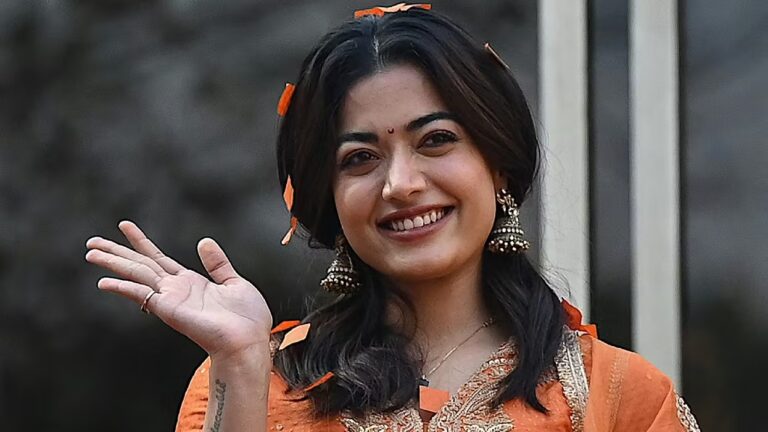
Photo source: News 18
Dharmendra, often hailed as the “He‑Man of Bollywood,” is one of the most iconic and beloved figures in Indian cinema. With a career spanning over six decades, he has left an indelible mark on Hindi films through his charm, powerful screen presence, and unmatched versatility. From romantic roles in Satyakam and Anupama to action-packed blockbusters like Sholay, Dharam Veer, and The Burning Train, Dharmendra defined stardom for generations. His contribution goes beyond acting—he’s also a successful producer, a cultural icon, and a guiding force for future stars. Even at 89, his recent return to films and public life proves that legends don’t fade—they evolve.
Dharmendra is poised for a major on‑screen return with Maine Pyaar Kiya Phir Se, officially announced in June 2025. The ensemble cast includes Rajpal Yadav, Padmini Kolhapure, Sonu Bagga, and even a real‑life police officer in a cameo. The film’s launch featured the unveiling of its first song by Udit Narayan.
He’s also part of the highly anticipated war drama Ikkis by Sriram Raghavan, co-starring Agastya Nanda and Jaideep Ahlawat. The film, based on the valor of PVC awardee Arun Khetarpal, is set to release on Gandhi Jayanti, October 2, 2025—a date strategically chosen for maximum box‑office impact. Director Raghavan praised the on-screen chemistry between Dharmendra and the new generation talent Agastya, calling their collaboration a highlight of the narrative.

Recently, director Karan Johar suggested developing a standalone spin-off based on the brief but memorable on-screen kiss between Dharmendra and Shabana Azmi in Rocky Aur Rani Kii Prem Kahaani (2023), praising its emotional resonance and unique narrative potential. Shabana Azmi herself described the kiss as “over in a second,” emphasizing the professionalism behind the scene. Dharmendra, with characteristic wit, teased Ranveer Singh about it by saying, “Tune toh bohot kiss ki hai, meri ek ne…”.
An anecdote also resurfaced where Dharmendra shared how his mother stormed out of the screening of Qayamat (1983), upset by a violent on-screen threat. He recalls telling her, “You can slap me after the film,” illustrating his awareness of cinema’s power and his mother’s emotional investment. His legacy in Bollywood remains monumental.



